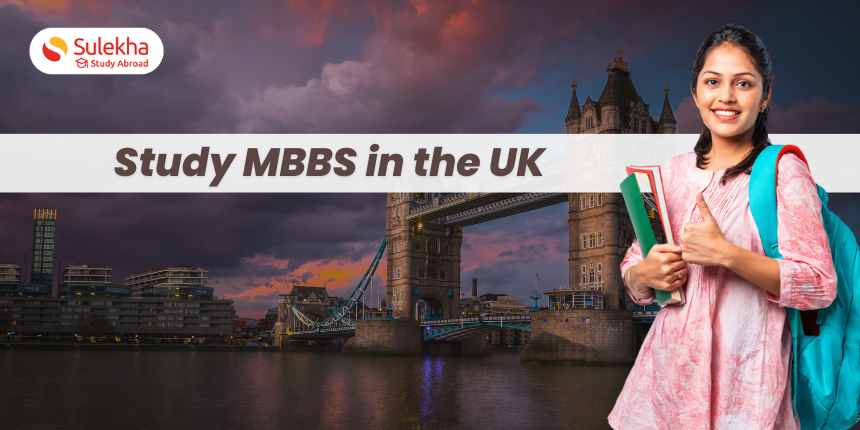
Why Study MBBS in the UK as an Indian student?
One significant reason Indian students prefer to study MBBS in theUKis that the graduates who hold an MBBS degree in the UK can register with the National Medical Council (NMC) in India without the need to write the Foreign Medical Graduate Examination (FMGE), unlike other graduates who pursued MBBS in Russia or MBBS in Georgia. There are more than 40-50 specializations available in the UK for Indian students covering clinical, surgical, and academic disciplines. This ensures Indian students who wish to pursue MBBS in the UK have a wide range of options according to their interests and career goals.
Pursuing an MBBS in the UK offers Indian students a mix of academic excellence, global recognition, and diverse clinical exposure. The UK is home to some of the world's top-ranking medical schools, such as theUniversity of Oxford and the University of Cambridge, which are known for their research and comprehensive medical programs. Here are the other reasons why Indian students prefer tostudy medicine in the UK
- While the initial investment for studying MBBS in the UK for Indian students is substantial, the earning potential post-graduation is promising in the UK. Qualifying doctors in the UK are among the highest-earning professionals, with salaries increasing annually due to the growing demand for skilled medical practitioners compared to Canada and Australia.
- The MBBS program in the UK typically spans 5 to 6 years, which is shorter compared to countries like the USA and Canada, allowing for an earlier start to a medical career.
- After completing their MBBS, Indian students can apply for a Graduate Visa (previously known as the Post-Study Work Visa) in the UK, allowing them to stay in the country for up to two years to gain work experience. This is an excellent opportunity for Indian students to gain practical experience in the NHS (National Health Service) or other healthcare settings before returning to India.
MBBS Course Duration in the UK
Pursuing a Bachelor of Medicine, Bachelor of Surgery (MBBS) degree in the United Kingdom spans five to six years, depending on the university and specific program structure. This duration is designed to provide comprehensive medical education, combining theoretical knowledge with practical clinical experience.
- Standard Entry Medicine: Most UK universities offer a five-year MBBS program. For instance, University College London provides a five-year course that includes an integrated Bachelor of Science (BSc) degree.
- Extended Courses: Some institutions offer six-year programs, which may include an additional intercalated year for research or a master's degree. Imperial College London offers a six-year MBBS/BSc course, integrating medical studies with a BSc in a related field.
- Graduate Entry Medicine: For students who already hold a bachelor's degree, certain universities offer accelerated four-year MBBS programs. King's College London provides a four-year Graduate Entry Medicine program designed for graduates with a background in biosciences.
| Qualification | Course Duration | Nature of Study |
|---|---|---|
| MBBS (Bachelor of Medicine, Bachelor of Surgery) | 5 years | Standard entry program for students directly from secondary education. |
| MBChB (Bachelor of Medicine, Bachelor of Surgery) | 5 years | Equivalent to MBBS; awarded by certain universities like the University of Glasgow. |
| BMBS (Bachelor of Medicine, Bachelor of Surgery) | 5 years | Awarded by institutions such as the University of Southampton. |
| Graduate Entry Medicine (GEM) | 4 years | Accelerated program for graduates with a relevant bachelor's degree. |
| Intercalated Degree (BSc/BA) | 1 year (optional) | An additional year to earn a degree in a related field, often undertaken between the second and third years of the MBBS program. |
| MBBS with Intercalated BSc | 6 years | Combines MBBS with an intercalated BSc, typically in medical sciences. |
| MBBS with Intercalated MSc | 6 years | Combines MBBS with an intercalated MSc, often in specialized medical fields. |
Top Medical Colleges in the UK for Indian Students
UK universities are at the forefront of medical research and innovation. Students have opportunities to participate in groundbreaking studies and contribute to advancements in healthcare technology and practices, which enhances their expertise and career prospects.
MBBS Colleges in the UK - Highlights
| Category | Details |
|---|---|
| Number of MBBS Colleges | Approximately 80+ universities offer MBBS or equivalent programs in the UK. |
| Tuition Fees | Annual fees range from ₹22 lakhs to ₹52 lakhs, depending on the university. |
| Living Expenses | Estimated ₹10 lakhs to ₹15 lakhs annually, varying by location and lifestyle. |
| Top Specialisations | General Medicine, Surgery, Pediatrics, Psychiatry, Cardiology, Dermatology, Neurology, Radiology. |
| Admission Requirements | Class 12th (with Science), NEET score, English proficiency (IELTS/TOEFL), UKCAT/BMAT, SOP, LOR, and resume. |
Here are some of thetop medical colleges in the UK for Indian students that are popular among Indian students, ranked by QS and Times Higher Education.
| University Name | QS World University rankings | THE Clinical & Health Rank 2025 | Intake Month (MBBS) |
| University of Oxford | #2 | #1 | October |
| University of Cambridge | #3 | #3 | October |
| University College London | #8 | #4 | September |
| Imperial College London | #6 | #7 | October |
| King's College London | #21 | #12 | September |
| University of Edinburgh | #15 | #21 | September |
| University of Glasgow | #16 | #50 | September |
| University of Manchester | #28 | #53 | September |
| Newcastle University | #122 | #60 | September |
| Queen Mary University of London | #125 | #60 | September |
MBBS in the UK for Indian Students - Fee Structure
Pursuing an MBBS in the UK is a prestigious opportunity for Indian students, offering world-class education and extensive clinical exposure. However, understanding the financial commitments involved is crucial for effective planning. This guide provides a comprehensive overview of the fees for MBBS in the UK for Indian students and associated costs for Indian students aiming to study in the UK.
The annual tuition fees for MBBS programs in the UK for Indian students vary depending on the university and its location. For Indian students, these fees typically range between GBP 22,000 and GBP 52,000 per annum. Given that MBBS programs in the UK Given that MBBS programs in the UK usually span 5 to 6 years, the total tuition fee can amount to approximately GBP 110,000 to GBP 312,000.
Living Costs in the UK
The cost of living in the UK depends on where you live and your lifestyle. The average annual cost of living for Indian students living in the UK is between 12,000 and 15,000 GBP (11.1 and 13.9 lakh INR). For those in London, the monthly cost might be around 1,265 GBP (1.2 Lakh INR), whereas for those in other regions of the UK, it might be around 1,015 GBP (94,000 INR). The following is a list of expenses that overseas students might encounter while in the UK:
| Expense | Cost in GBP | Cost in INR |
| Food | £200 - £400/month | ₹20,000 - ₹40,000/month |
| Monthly Transport Pass | £70 - £100 | ₹7,000 - ₹10,000 |
| Gas and Electricity | £100 - £150/month | ₹10,000 - ₹15,000/month |
| Apartment Rent (1-bedroom in city center) | £1,200 - £1,500/month | 120,000 - ₹150,000/month |
| Private Accommodation (shared house) | £500 - £700/month | ₹50,000 - ₹70,000/month |
Additional Costs for MBBS in the UK for Indian Students
Before getting admission to a university in the UK, Indian students should anticipate several pre-admission expenses beyond tuition fees and living costs.
- Application Fees: Universities may charge application fees ranging from £50 to £150 per application.
- Entrance Examination Fees: Tests such as the UK Clinical Aptitude Test (UKCAT) or the BioMedical Admissions Test (BMAT) are often required, with fees between £75 and £120 per test.
- English Language Proficiency Tests: Exams like IELTS or TOEFL are necessary to demonstrate English proficiency, costing approximately £150 to £200.
- Visa Application Fees: The UK student visa application fee is around £490.
- Health Surcharge: International students are required to pay a health surcharge of approximately £470 per year to access the UK's National Health Service (NHS).
- Document Verification and Translation: Certifying and translating academic transcripts and other documents can incur additional costs, typically between £50 and £100.
- Travel Expenses: Costs for traveling to the UK, including airfare and initial transportation, should also be considered.
MBBS Scholarships in the UK for Indian Students
Pursuing an MBBS in the United Kingdom is a significant investment for Indian students. However, various scholarships are available to relieve financial burdens. These scholarships are offered by the UK government, universities, and private organizations, aiming to support international students.
Funded by the UK government, Chevening Scholarships are awarded to outstanding emerging leaders from around the world. While primarily for postgraduate programs, some medical students pursuing specific courses may be eligible. The scholarship covers tuition fees, living expenses, and travel costs.
These scholarships are available to students from Commonwealth countries, including India. They cover tuition fees, airfare, and living expenses for students pursuing master's and doctoral degrees. Medical students interested in research or specialized studies may find this beneficial.
3. University-Specific Scholarships
Many UK universities offer scholarships tailored for international medical students:
- Imperial College London Faculty of Medicine Scholarships: Provides partial to full tuition fee waivers based on academic excellence.
- King's College London Global Health & Social Medicine Scholarships: Offers financial support to international students demonstrating outstanding academic performance.
- University of Edinburgh Global Undergraduate Scholarships: Awards partial scholarships to international students, including those in medical programs.
One of the oldest and most prestigious international scholarship programs, the Rhodes Scholarship supports exceptional students from around the world to study at the University of Oxford. It covers all university fees, a personal stipend, and airfare. Medical students with outstanding academic records and leadership qualities are encouraged to apply.
5. Global Health Future Leaders Scholarship
Offered by the London School of Hygiene & Tropical Medicine, this scholarship supports students from low and middle-income countries who are committed to health improvement. It covers tuition fees and provides a living allowance. Medical students focusing on global health may find this particularly relevant
Indian students who wish to get the scholarship and pursue MBBS in the UK should submit the following documents
- Valid scores from recognized tests such as IELTS or TOEFL, demonstrating your ability to study in English.
- Resume: A detailed account of your educational background, work experience, research projects, publications, and other relevant achievements.
- Documents demonstrating your financial status, which may include bank statements or affidavits of support, especially if the scholarship requires proof of financial need.
- Official certificates confirming the completion of your graduation.
- Letters of Recommendation: Typically, one or two letters from professors or professionals who can attest to your academic abilities, character, and potential.
Job Prospects for MBBS Graduates in the UK
The National Health Service (NHS) is the primary employer for medical graduates in the UK. According to recent data, the average salary for MBBS graduates in the UK is approximately £57,668 per annum.
-
Foundation Doctors: During the Foundation Programme, doctors earn between £28,000 and £32,000 annually.
-
Specialty Registrars: Salaries for doctors in specialty training range from £38,000 to £55,000 per year.
-
Consultants: Experienced consultants can earn between £76,000 and £102,000 annually, with the potential for higher earnings in private practice or through additional roles.
Below is a list of potential jobs after studying MBBS in the UK for Indian studentswith an estimated annual salary.
| Job Position | Average Salary per annum (GBP) |
| Foundation Year 1 (FY1) Doctor | £29,000 – £34,000 |
| Foundation Year 2 (FY2) Doctor | £34,000 – £38,000 |
| Specialty Registrar (StR) | £38,000 – £55,000 |
| General Practitioner (GP) | £68,975 – £104,085 |
| Consultant | £99,532 – £131,964 |
Eligibility Criteria to Study MBBS in the UK
In recent years, medical universities in the UK have seen a significant increase in applications. For instance, the 2022 admission cycle witnessed approximately 29,710 applicants for medicine courses, with only about 7,500 places available, indicating a success rate of around 25%Universities have set some eligibility criteria for the admission of Indian students. Candidates must fulfill those requirements to get admission for MBBS in the UK.
- Applicants must be at least 18 years old by the commencement of the course.
- Applicants should have completed their 10+2 education with a strong focus on science subjects. A minimum of 85% in Physics, Chemistry, and Biology is typically required.
- Indian students are generally required to take entrance exams such as the UK Clinical Aptitude Test (UCAT) or the BioMedical Admissions Test (BMAT), depending on the university's requirements score is compulsory to get admission for MBBS in the UK for Indian studentswho wish to return to India and practice medicine after completing their studies.
Below are the documents that are required for admission into a UK university
-
Statement of Purpose.
- Updated resume
- Letters of Recommendation: Typically, one or two letters from professors or professionals who can attest to your academic abilities, character, and potential.
- Statement of Purpose (SOP): A well-crafted essay outlining your academic background, motivations for applying, career goals, and how the scholarship will assist in achieving them.
- Proof of Nationality: A copy of your passport or national identification card to verify citizenship.
- Financial Statements: Documents demonstrating your financial status, which may include bank statements or affidavits of support, especially if the scholarship requires proof of financial need.
- Certified copies of your academic records from previous educational institutions, detailing courses taken and grades achieved.
FAQs - MBBS in the UK for Indian students
1. What are the eligibility criteria for Indian students to study MBBS in the UK?
Indian students must have completed their 10+2 education with high marks in Physics, Chemistry, and Biology. Additionally, they need to achieve a minimum overall score of 7.0 in IELTS, with no less than 6.5 in each component. Entrance exams such as the UK Clinical Aptitude Test (UCAT) or the BioMedical Admissions Test (BMAT) are also required, depending on the university's requirements.
2. What is the duration of the MBBS course in the UK for Indian students?
The MBBS program in the UK typically spans five to six years, depending on the university and specific program structure. This duration includes both academic coursework and clinical training, ensuring students receive a well-rounded medical education.
3. What are the tuition fees for MBBS in the UK for Indian students?
Tuition fees for MBBS programs in the UK range from £20,000 to £40,000 per year, depending on the university. For Indian students, this translates to approximately ₹20 lakhs to ₹40 lakhs annually.
4. Are there scholarships available for Indian students pursuing MBBS in the UK?
Yes, various scholarships are available, including the Chevening Scholarships, Commonwealth Scholarships, and university-specific merit-based scholarships. These can help cover tuition fees, living expenses, and other costs.
5. Can Indian students practice medicine in India after completing MBBS in the UK?
Yes, Indian students who complete their MBBS in the UK can practice medicine in India. They must register with the National Medical Commission (NMC) and may need to pass the Foreign Medical Graduate Examination (FMGE) to obtain a license to practice.

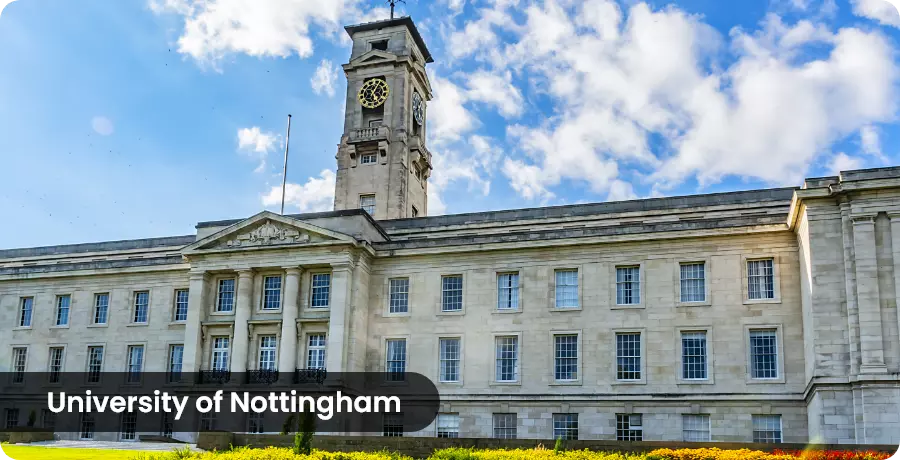
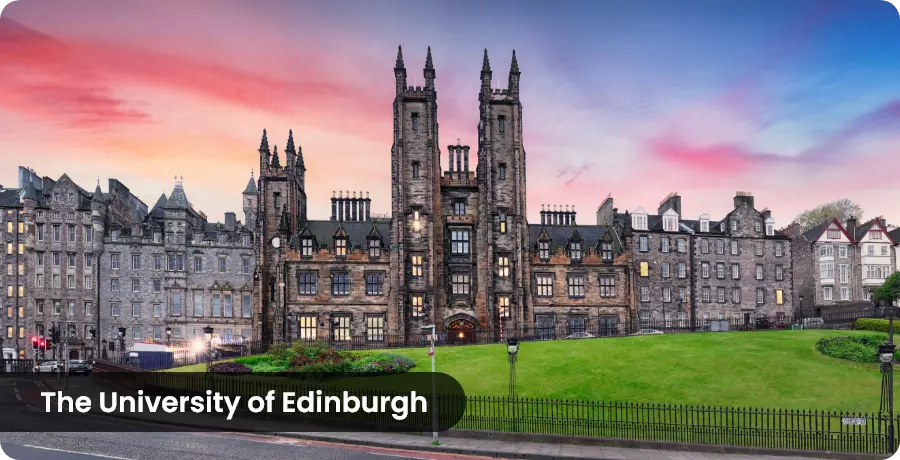
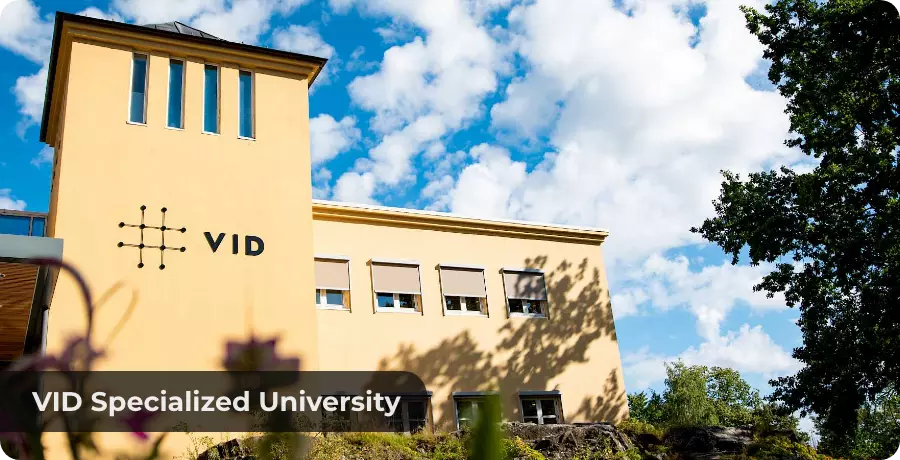

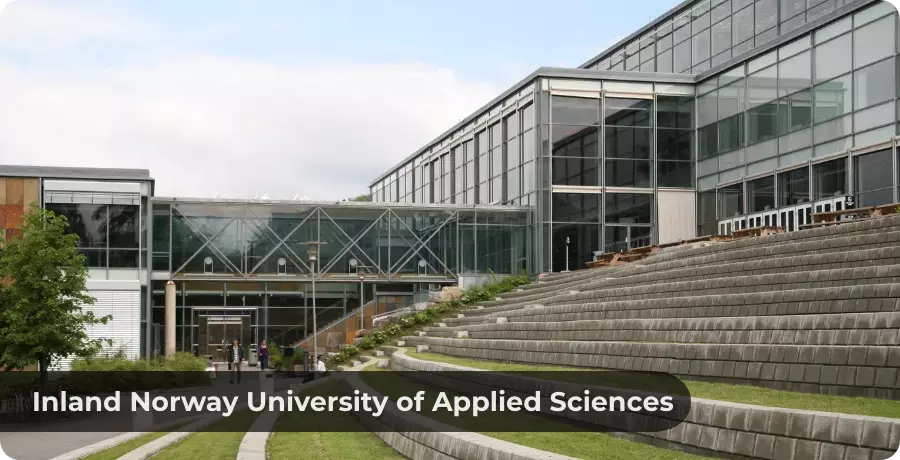
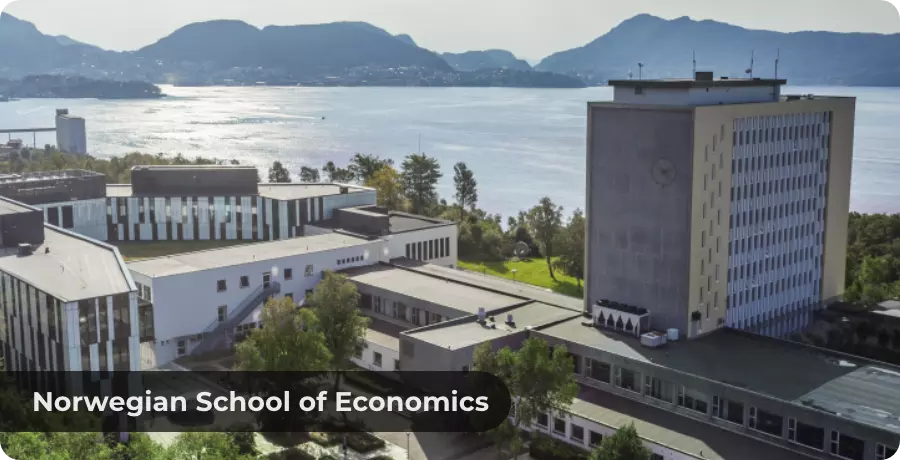
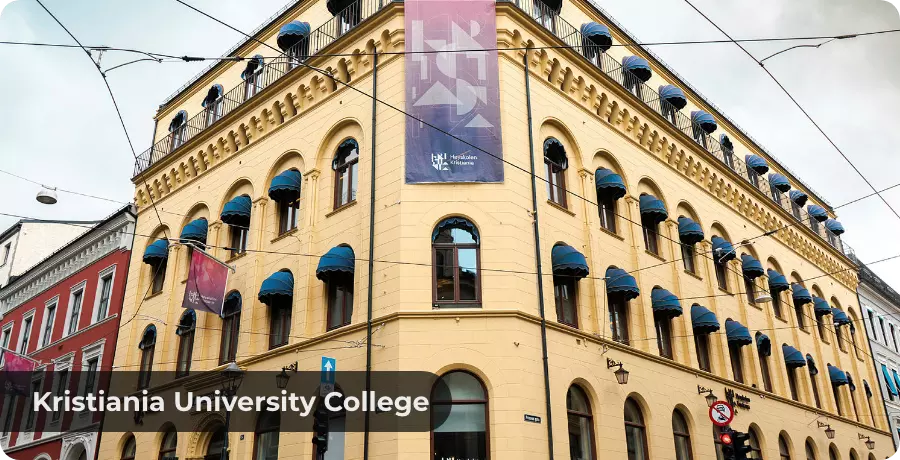
.webp)
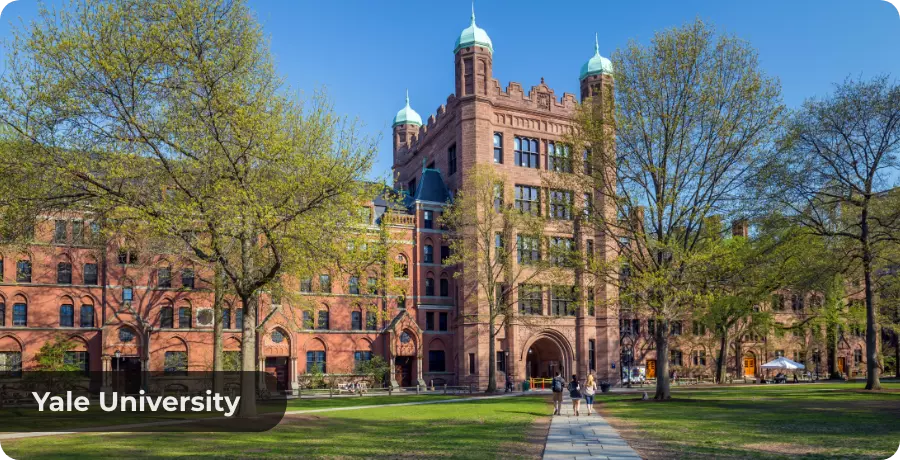
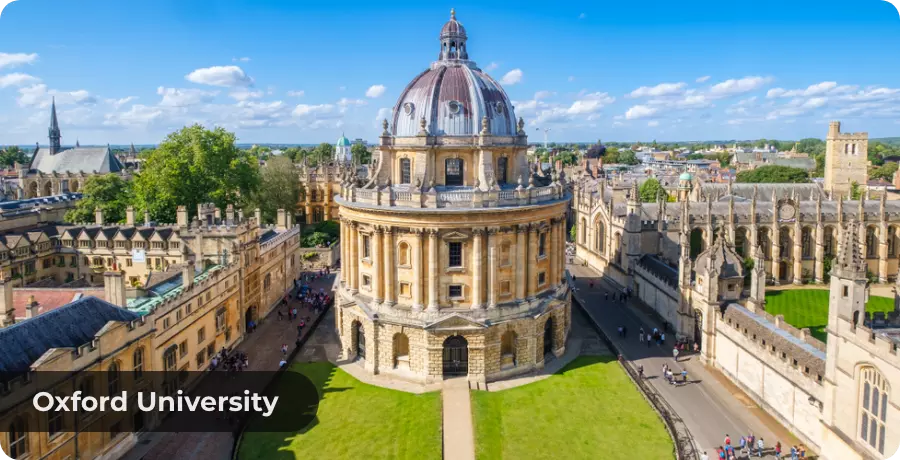
.webp)
